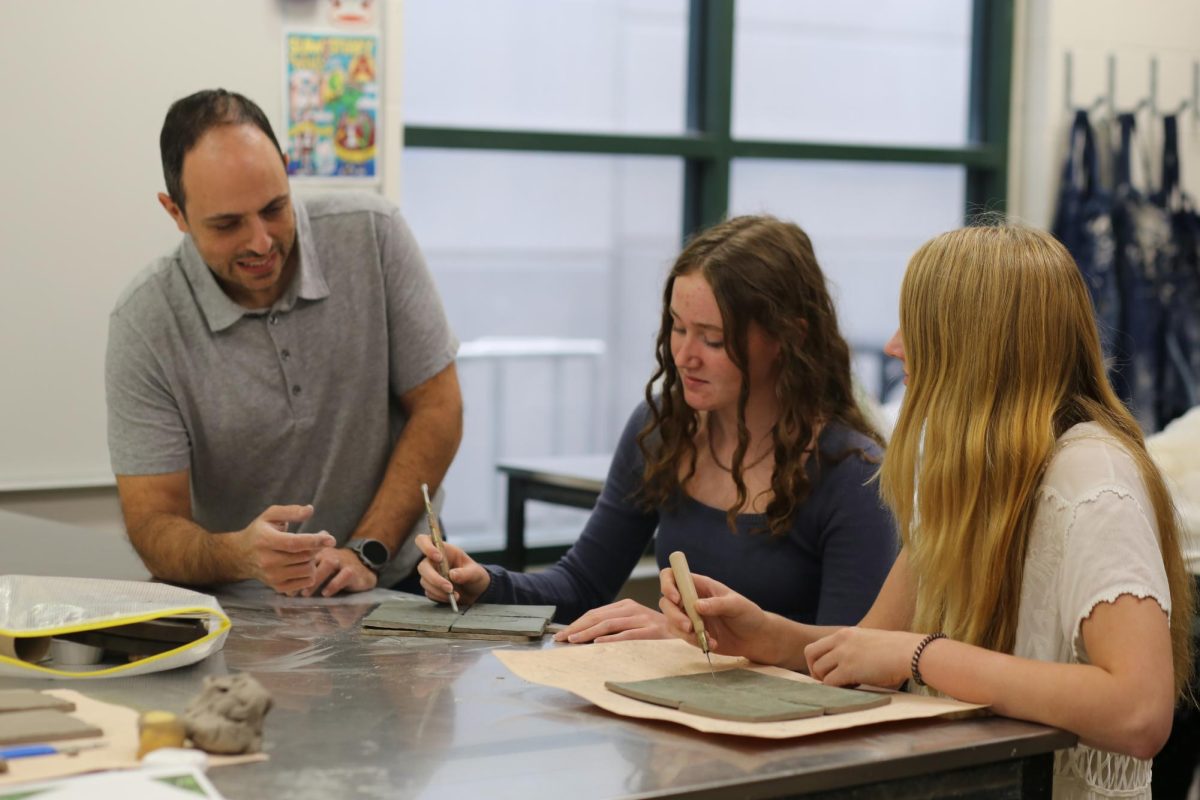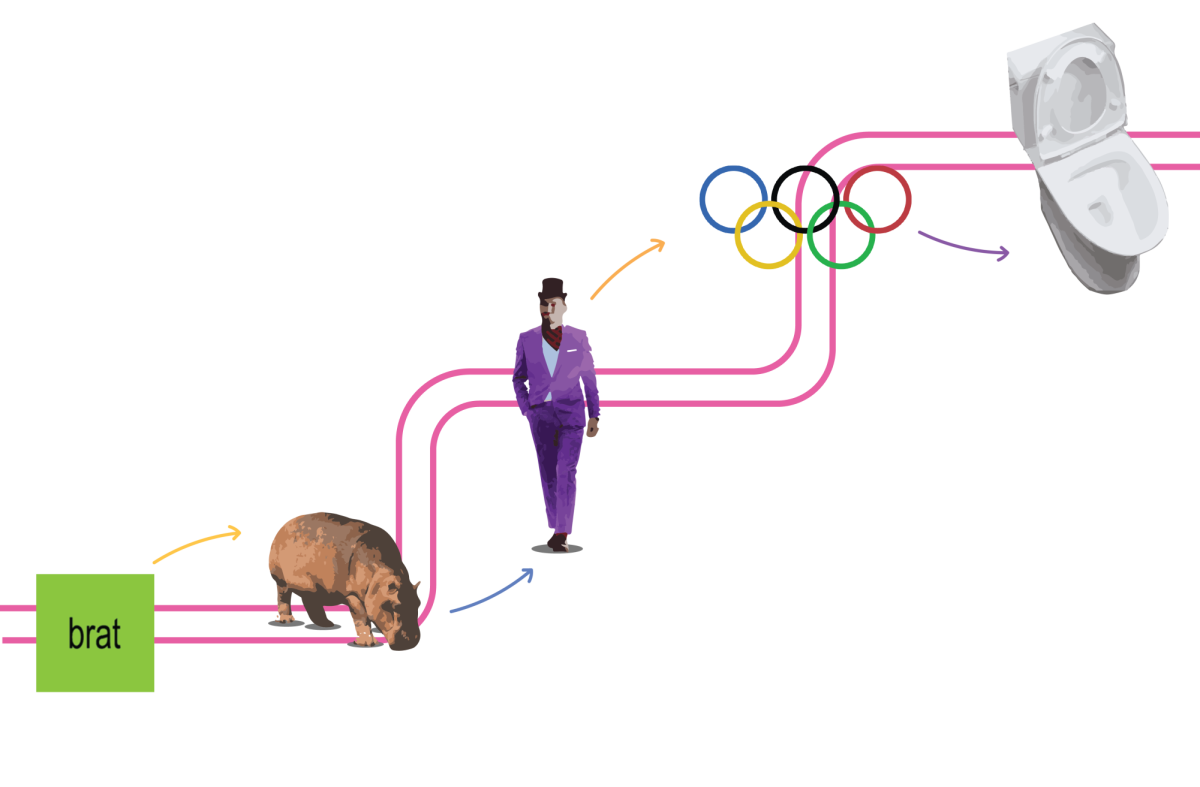According to an article by waste management company Recycle Track Systems (RTS), about 1.4 billion tons of food is wasted every year, and the United States is responsible for about 40 million tons of it. RTS also said that due to the coronavirus pandemic, the amount of people who suffer from food insecurity will rise, as it was previously 35 million people, and it is now estimated to be around 50 million people. According to an article by Food Rescue, the pandemic will cause the rise of methane gas being released into the air, which is a greenhouse gas that is created due to food being wasted, as the food’s energy and water are wasted.
According to an article by Waste 360, some fast food restaurants are also hiring dedicated diversion coordinators and are making changes to help reduce food waste. For junior Jeffrey Wang, who worked at Burger King this past summer, his boss had implemented a timer.
“There was a timer, and if the timer went off, then food had to be thrown out,” Wang said.
This ensures that the employees are constantly checking in and are aware that there is food ready which was already cooked. Any cooked food that is not sold by the end of the day is thrown away, as Burger King considers that food waste.
“We had to throw away all the food that was wasted, for food safety,” Wang said. “Also, the least popular menu items had to be thrown out. I was concerned about the amount of food being wasted, but it’s for public health so I can’t do much about it, the rules are the rules.”
Junior Anthony Miceli, who used to work at Jeremiah’s Italian Ice, says that if an order was wrong then that order would be thrown out. However, in order to prevent total food waste, sometimes whatever was servable would either be kept in the coolers or could be taken home by the employees. Jeremiah’s would also do its best to prevent the ice from going to waste as well.
“We would take the buckets of ice at the end of the night that were in the front coolers and we would bring them back into the blast, which is like a giant freezer, and that’s colder than the coolers and that keeps the ice frozen, frozen,” Miceli said.
Companies, like Whole Foods, are trying to do their part in helping reduce food waste. Altamonte Springs Whole Foods manager Jason Fontana said that whatever leftover food is safe to eat, Whole Foods donates it to food banks, so that the food will not go to waste. Also, whatever food is not safe for humans to eat, Whole Foods donates the food to local farmers, so that they can use that food to feed their animals or use for composting when possible.
Not only does Whole Foods help reduce food waste, but they promote healthy eating as well, by going to schools and promoting eating salad. They also take old cell phones and they do a lot of recycling as well.
Whole Foods established a nonprofit organization called the Whole Planet Foundation, which is an organization that helps people who are in need.
“We do things like raise money for nations that are in poverty through our Whole Planet Foundations,” Fontana said.














